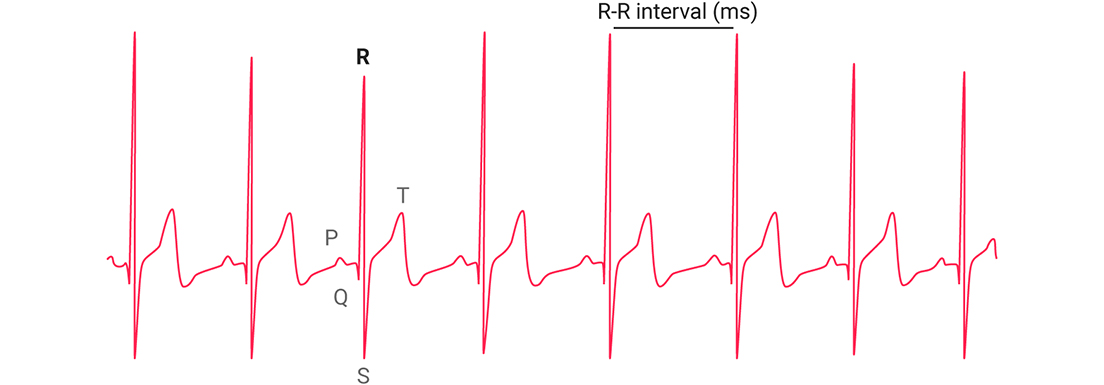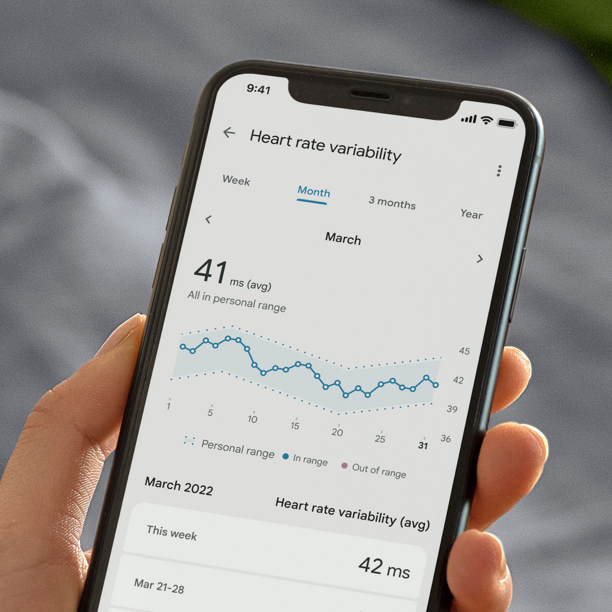Does Fitbit Measure Heart Rate Variability

I found this suggestions in our feature suggestions board.
Does fitbit measure heart rate variability. For most people resting heart rate is 60 100 beats per minute. Examples of devices that do not measure hrv include the fitbit charge hr mio wrist devices polar wristwatches etc. A decrease in resting heart rate typically indicates your cardio health is improving. In the graph your latest hrv measurement reflects data logged from your most recent sleep session that was at least 3 hours long.
Peak cardio fat burn zone and as you can see in your surge you get the resting hr or if you re out of zone. Fitbit uses the common formula called rmssd to determine hrv from your recent heart rate data. Get a better reading. Fitbit s trackers are also able to keep track of your resting heart rate a metric which refers to the heart rate measurement when you re awake calm and have not recently exerted yourself.
Wear your tracker while you sleep for a more accurate number. Something that has been introduced to the fitbit charge 2 and most recently the garmin. How does my fitbit device track heart rate variability. If you are looking for just a general rise and fall of heart rate to practice breathing with like the heartmath then a fitbit could potentially work in a resting still position depending on the software.
Heart rate variability hrv measurement. The latest piece of biometric data that everyone seems to be talking about is heart rate variability. The heart rate icon you see on the display tells you if you re in one of three heart rate zones. It depends on what you are looking for when you say heart rate variability.
Why resting heart rate matters. Most of the time accuracy claims are referring to heart rate beats per minute bpm or a non hrv measure such as detection of atrial fibrillation which has different requirements than hrv calculations. When you sync your tracker in the morning your device will use the heart rate variability and movement data it gathered during the prior night to estimate your sleep cycles. The heart rate tracking feature on your fitbit watch or tracker automatically measures the variation of time between each heartbeat known as heart rate variability hrv along with your resting heart rate and sends your stats to the fitbit app.









